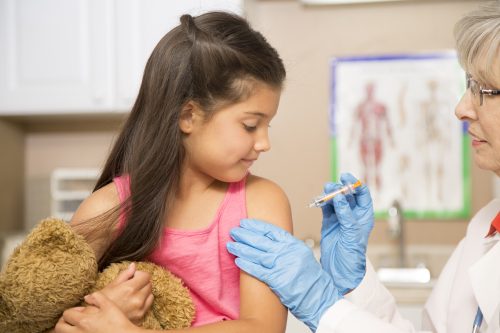
The human papillomavirus (HPV) vaccine is typically given in multiple doses to protect females against certain strains of the disease, some of which could lead to cervical cancer. According to a new retrospective, matched cohort study, however, even patients who do not receive all of the recommended doses may still have a lower risk of cervical cancer.
“Human papillomavirus (HPV)–related disease remains a significant source of morbidity and mortality, and this underscores the need to increase HPV vaccination to reduce the burden of the disease. The objective of this study was to examine the association between the number of HPV vaccine doses and the risk of histologically confirmed preinvasive cervical disease and high‐grade cytology,” posited the study authors.
Administrative data were collected from Optum’s Clinformatics DataMart Database on females aged between 9 and 26 years who received at least one of the quadrivalent HPV vaccine doses between January 2006 and June 2015. Patients were matched by region, age, sexually transmitted disease history, and pregnancy. Women underwent a Papanicolaou test at least one year after receiving their final dose; the correlation between the number of HPV vaccine doses and incidence of preinvasive cervical disease and high-grade cytology was examined.
HPV Vaccine in Any Dose Is Beneficial: Education Is Important
Final analysis included 133,082 females, of whom 66,541 were vaccinated and 66,541 were unvaccinated. Among patients aged between 15 and 19 years, the high-grade cytology hazard ratio (HR) for the three-dose group was 0.84 (95% confidence interval [CI], 0.73–0.97). In the same age group, the HRs for histologically confirmed preinvasive cervical disease were: for one dose, 0.64 (95% CI, 0.47–0.88); for two doses, 0.72 (95% CI, 0.54–0.95); and for three doses, 0.66 (95% CI, 0.55–0.80).
Study author Ana M. Rodriguez, MD, MPH, of The University of Texas Medical Branch at Galveston, said in a press release, “This study shows the impact of vaccinating at younger ages and its lasting long-term protection against cervical cancer.” She added, “It is important to educate parents about the need to vaccinate their children.”
The authors of an accompanying editorial wrote, “If one dose of HPV vaccine was sufficient for effective protection, HPV vaccine implementation and scale-up would require less logistics…, available doses could extend further, and the overall cost would be lower.”
In their paper, which was published in Cancer, the researchers concluded, “The receipt of 1, 2, or 3 doses of an HPV vaccine by females aged 15 to 19 years was associated with a lower incidence of preinvasive cervical disease in comparison with unvaccinated females, and this supports the use of any HPV vaccination in reducing the burden of the disease.”


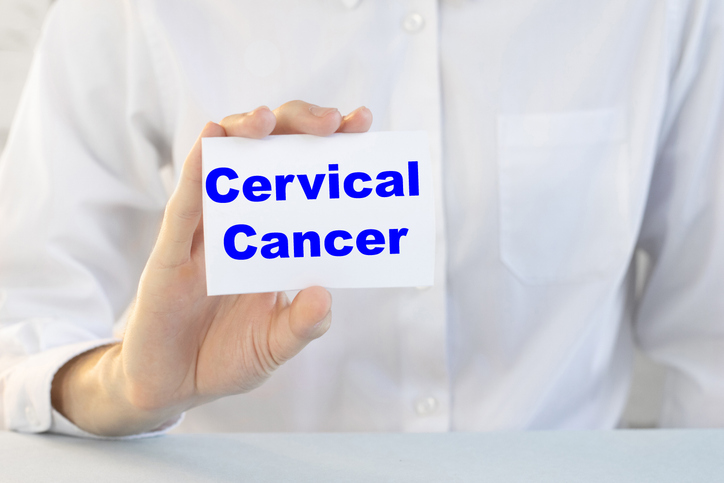
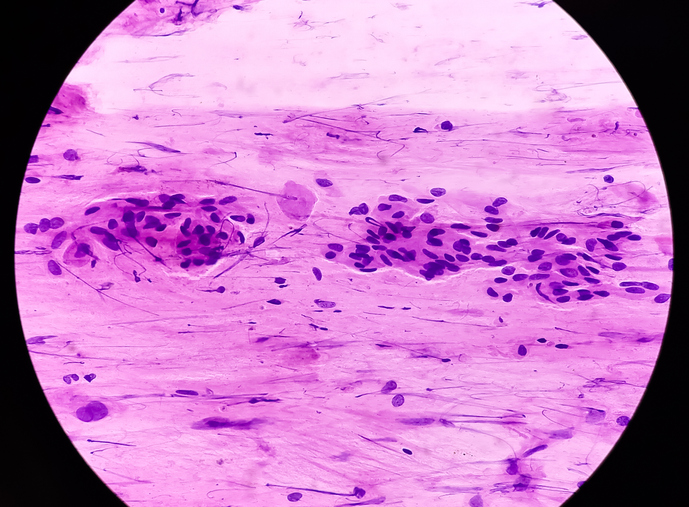
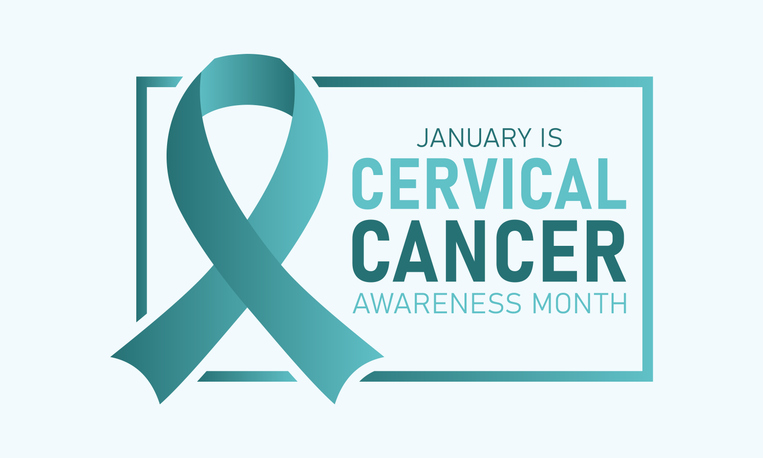
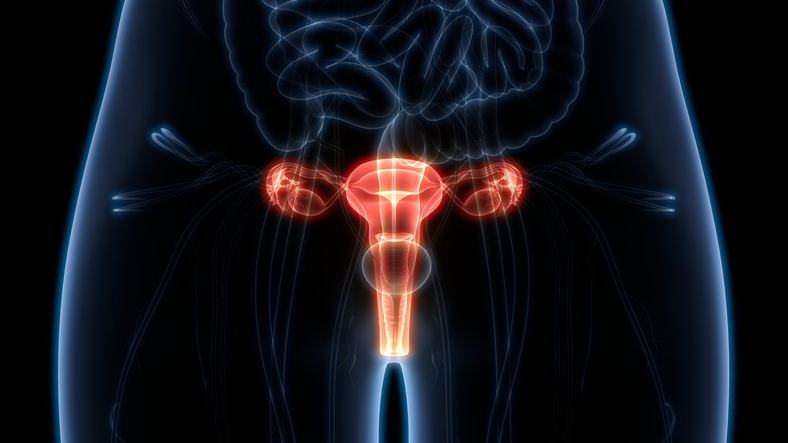

 © 2025 Mashup Media, LLC, a Formedics Property. All Rights Reserved.
© 2025 Mashup Media, LLC, a Formedics Property. All Rights Reserved.